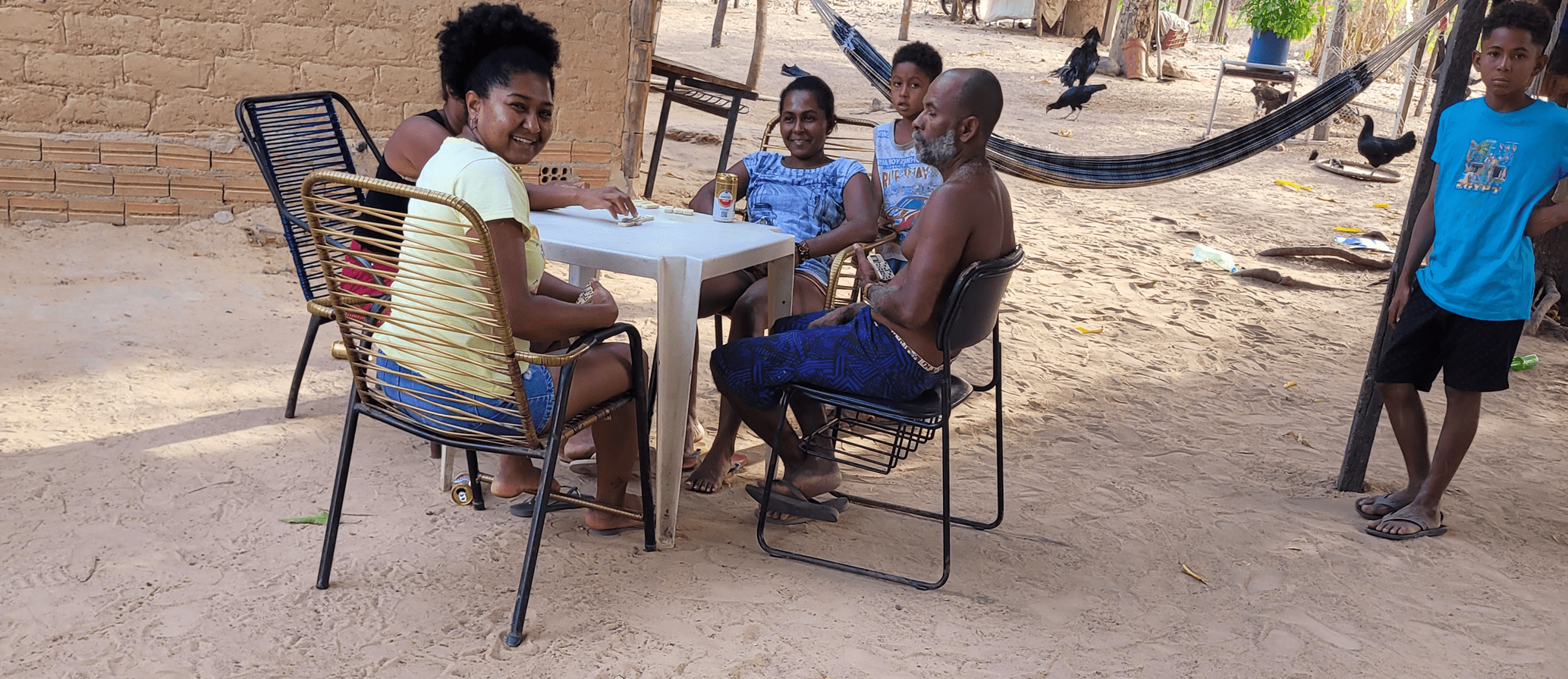
REPORTS

AfricaAfricaAFRICACasteCATCDWD on groundCommunities Discriminated on Work and DescentHaratinLatestNigeriaStories
Inherited stigma: Understanding the plight of Osus of Nigeria
This is the first in a three-part series of articles highlighting the struggles of the Osus of Nigeria based on ...
NIGERIA
THROUGH
CDWD LENSE
REPORT
DATA
INFOGRAPHIC
DISCUSSIONS
RECENT ACTIVITIES
NEWSLETTER
SUBMISSIONS
EVENTS
Nigeria CDWD Representation (In Million)
Within the Igbo communities, the “osu” system occupies a unique space in descent-based discrimination. Unlike the hierarchical system based on occupational specialization, within this system, osu individuals were held to be ‘owned’ by the deities. However it is often referred to as ‘caste system’.
The system is passed down generations by inheritance and descent, and people from these communities cannot generally overcome these distinctions. One acquires the osu status through inheritance and marriage. The osu are referred to by various names: Osu, Ume, Ohu, Oru, Ohu Ume, Omoni (Okpu-Aja), they all have the same connotation in Igboland.
Being considered to be ‘owned’ by the deities, they were dedicated and sacrificed to these Gods, and are considered to be sub-human being and unclean class. They have a strong system of residential segregation, wherein the osu people are usually forced to live outside, on the outskirts of the villages to be targets of any bad luck that might befall the village.
Osu are considered to be impure and any contacts with them is considered to be polluting. There are strict restrictions in terms of eating together. There is a strong system of endogamy, a taboo when broken leads to ostracism and exploitation of individuals and their children.
There is also a widely-held belief that touching an Osu turns one into an Osu.
The Osu people mostly do not have any access to land and are discriminated against in traditional society. Besides this, they are also buried in separate cemeteries. There is a huge economic disparity between the Osu and people from other communities. This marginalization prevents Osu from attaining their rights, particularly in employment and marriage.
‘Although Osu share the same legal status as other Nigerians—the Osu system was outlawed with thepassage of the Osu System Law and the Laws of Eastern Nigeria in 1956 and 1963—members of the Osu community are still shunned as Pariahs and denied social equality.


